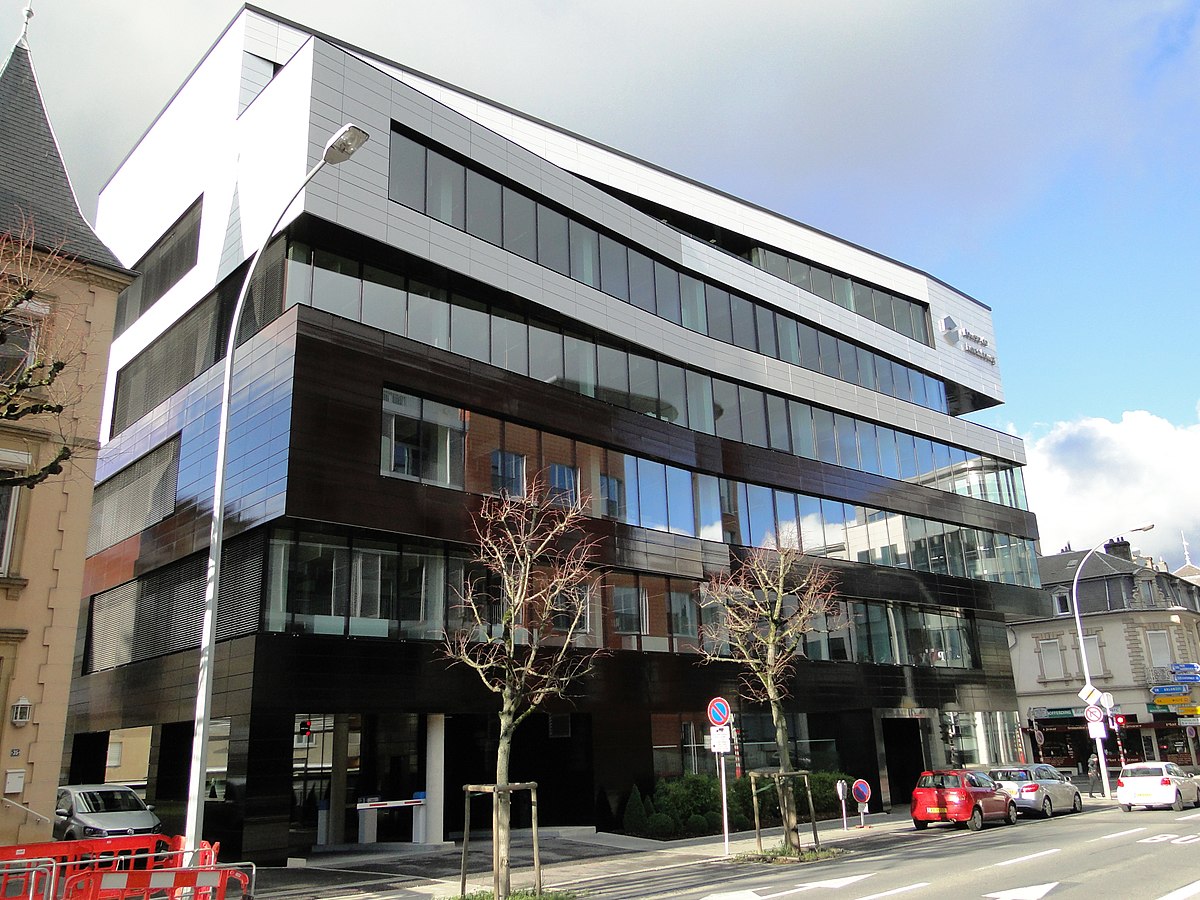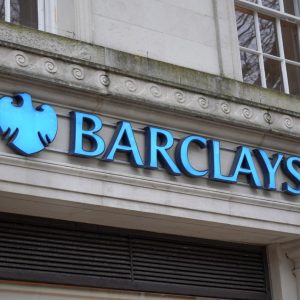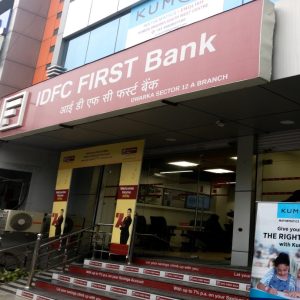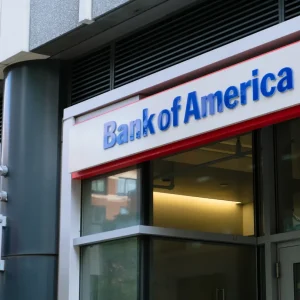
The Luxembourg Stock Exchange (LuxSE) today marked the go-live of the LGX DataHub, a unique, centralised database of structured data on a vast range of sustainable securities. Built and managed by the sustainable finance team at LuxSE, the LGX DataHub addresses the complex data challenge that asset managers and investors are facing when building sustainable investment strategies or reporting on their investments.
Responding to a market need
Issuers of sustainable securities disclose an extensive amount of sustainability data points. These data points are made available in different and often incompatible formats and the data is spread over multiple sources. Identifying, extracting and structuring this data is a time-consuming and resource-intensive exercise. This is what led LuxSE to build a centralised data hub, leveraging its vast experience in bond documentation and its global position as a leading listing venue for sustainable financial products.
“Asset managers and investors need structured, reliable and complete data sets to build their sustainable investment portfolios. With the LGX DataHub, we have identified and collected the data market players need for their analysis and reporting purposes. We make this data available in a structured and searchable form to our users. Transparency is the best way to create trust and confidence among investors, and transparency is built on data,” explains Julie Becker, Deputy CEO of LuxSE and Founder of LGX.
All in one place
The LGX DataHub is a centralised database that gathers data on Green, Social and Sustainability securities, offering a unique level of granularity. It includes detailed pre-issuance and post-issuance information that market participants need to build sustainable investment strategies, meet their reporting requirements and stay compliant with new regulations. Pre-issuance data covers the commitments made by the issuers in terms of use of proceeds, project selection, and management of proceeds and reporting.
Post-issuance data, on the other hand, provides information on how the proceeds of the bonds are invested, and indicates what the environmental and social benefits of these investments are. The LGX Datahub also features data points illustrating an investment’s contribution to the United Nations Sustainable Development Goals, such as a reduction in greenhouse gas emissions.
As such, asset managers and investors will now be able to access, search and explore a vast amount of data points on sustainable securities and the underlying assets. The LGX DataHub also enables them to extract the relevant information and easily compare the impact of different sustainable investments.
“Data collection is a manual and time-consuming task. Thanks to LGX DataHub and its user-friendly features, market participants can access all the data they need in one centralised place. This means that they can spend less time gathering data and more time building and implementing their sustainable investment strategies,” comments Laetitia Hamon, Head of Sustainable Finance at LuxSE.
At launch, the LGX DataHub covers structured and granular data on the full universe of Green, Social and Sustainability bonds displayed on the Luxembourg Green Exchange (LGX). The scope of the LGX DataHub will gradually increase to cover the entire universe of listed, sustainable securities.
Accelerating sustainable finance
The LGX DataHub is the latest initiative from LuxSE as part of its efforts to promote the sustainable finance agenda. In May this year, LuxSE established the LGX Academy to strengthen sustainable finance education among financial professionals, students, public institutions and the broader public.
Since its inception in 2016, LGX has been the leading platform for listing sustainable securities and is the reference venue for sovereign and commercial issuers alike. Europe’s first AAA-rated sovereign sustainability bond, which was issued by the Grand-Duchy of Luxembourg earlier this month, is listed on LuxSE and displayed on LGX. The platform now counts 800 securities totalling more than EUR 300 billion.






